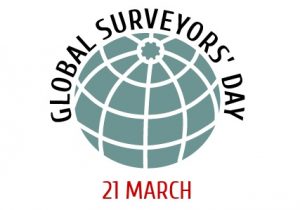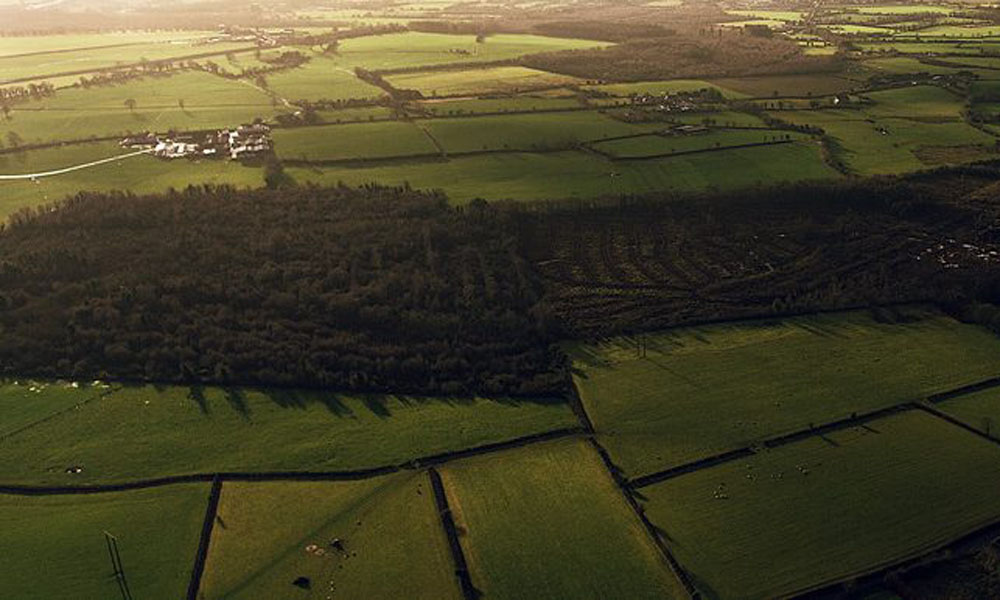Geospatial data, together with the entire infrastructure to obtain and use them, are becoming crucial to our society’s functioning. A lack of suitable information hinders the decision-making process and makes it impossible to follow advancements measured by globally accepted development policies, such as green development, also known as the Green Deal on the level of the EU, and sustainable development.
High-quality spatial data and information, combined with surveying infrastructure on the one hand, and the contemporary system of land or real estate administration, on the other, are of key importance for sound spatial development. The management of the built environment calls for new approaches in geodetic measurement, data modelling, and the development of state-of-the-art geoinformation services in 3D and 4D digital environments. Built and natural environments also pose security challenges in systems for the timely detection of movements and deformations of natural and built features, which calls for detailed surveying with high spatial and time resolutions. Risk management and natural disaster response also call for systematic monitoring of space, globally and locally, and new location services.
Several technological drivers influence the profession, such as autonomous surveying techniques, systems for the mass acquisition of spatial data with various sensors, and the development of information and communication technologies with 5G networks. Smart cities and villages, developments in construction and the breakthrough of BIM technology, the car industry with automated vehicles – all these features depend on advanced spatial data models that require an ‘almost real-time’ fusion of data from different sources. Artificial intelligence, machine learning, and the processing of large data in highly-potent cloud computing systems are opening up new horizons for the surveying profession, which strives to provide suitable spatial data and algorithms to support spatial decision-making processes.
All these challenges reinforce the role of our profession in today’s society, so it is no wonder that we are celebrating the global surveyors’ days, which is on March 21. The date was defined in 2018, at the World Bank conference Land and Poverty in Washington, initiated by the International Federation of Surveying FIG (fran. Fédération Internationale des Géomètres), the Council of European Geodetic Surveyors CLGE (fran. Comité de Liaison des Géomètres Européens) in USA National Society of Professional Surveyors NSPS.
More information at: https://surveyorsday.com/ and https://www.clge.eu/event/global-surveyors-day-2023#2023-03-21


